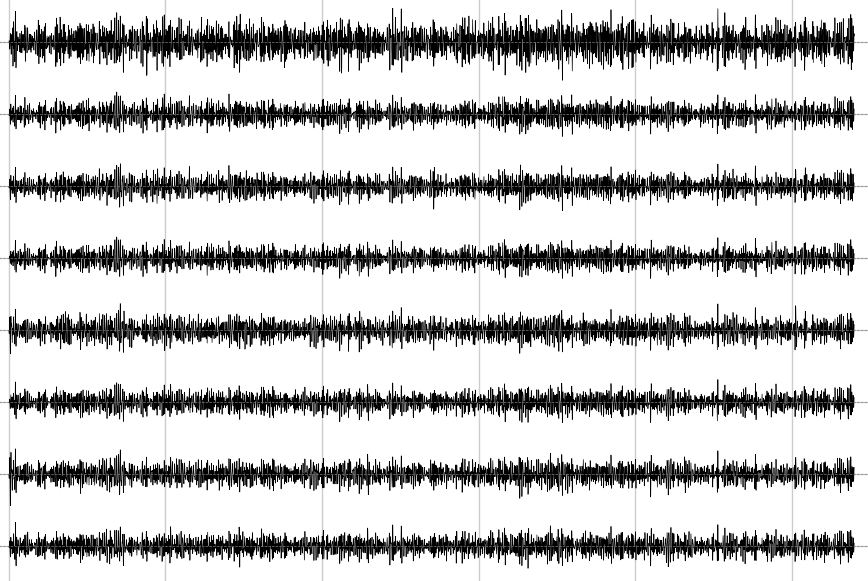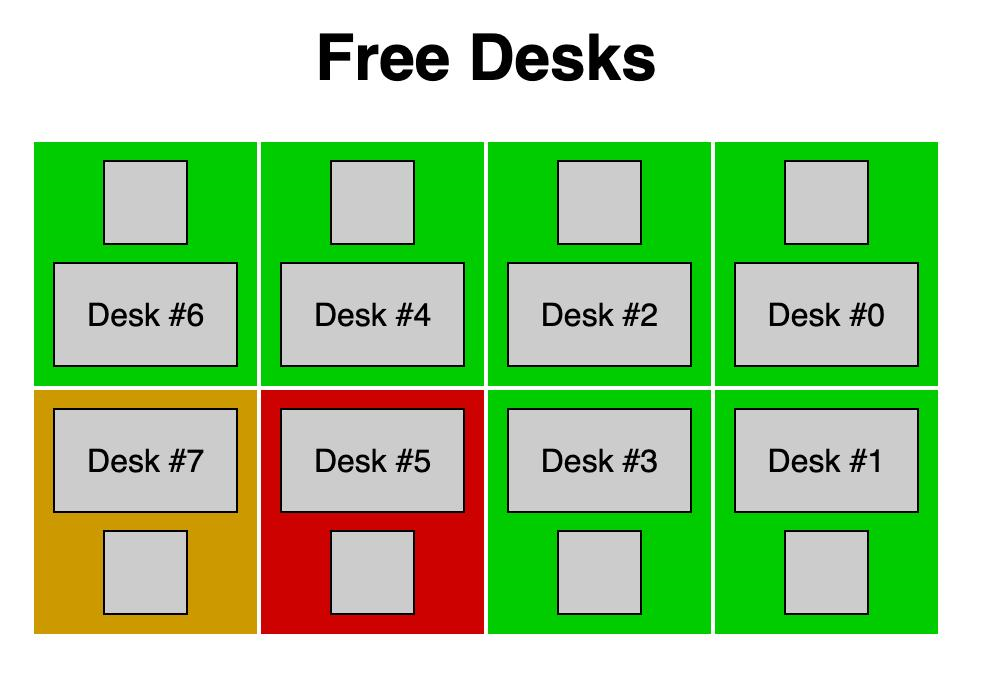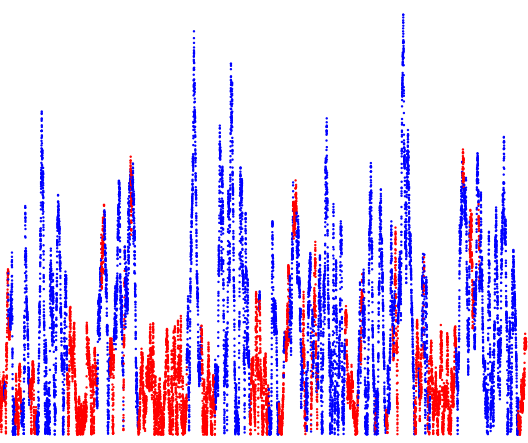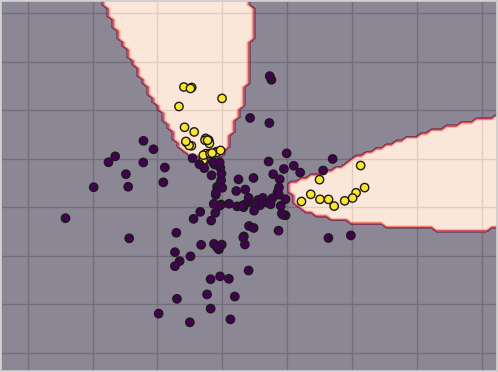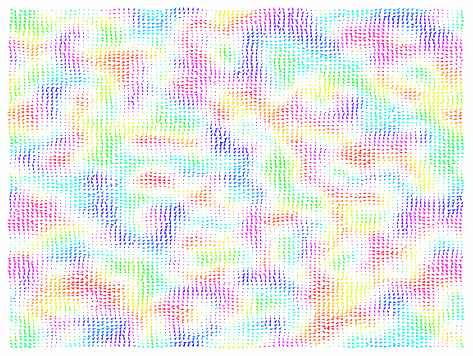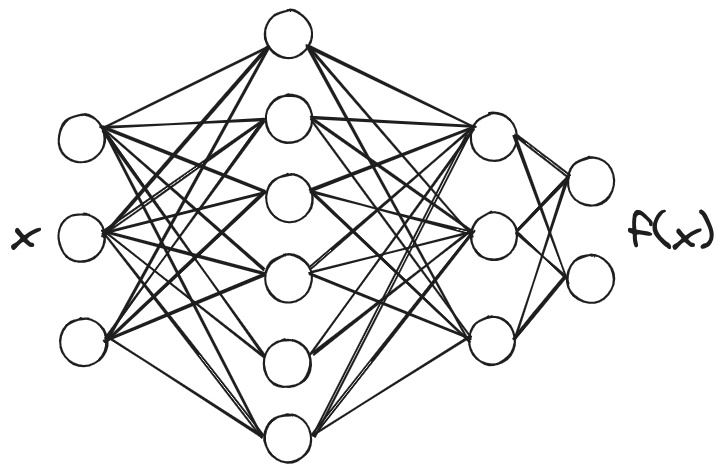About Me
I'm a scientist at the Institute for Information Management in Engineering from KIT, where I research data science methods for manufacturing.
I hold a Master's degree in Physics and have experience across startups, academia, and consulting. I co-founded StocksOnView, a platform offering statistical analysis for retail investors, worked as a research assistant at Forschungszentrum Informatik, and was a quantitative analyst in the Risk Advisory Group at Zanders.
I'm always open to discussing research, collaboration, or new opportunities in data science and engineering. Feel free to reach out!

